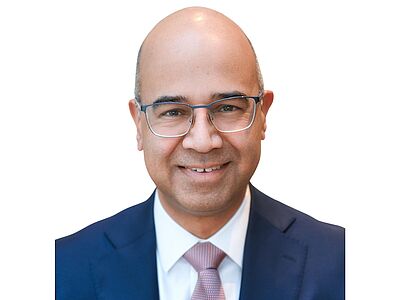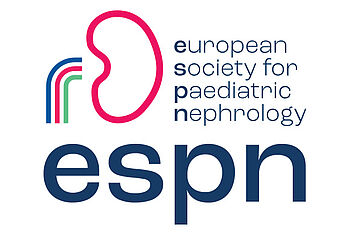Primary and Secondary Hyperoxaluria
Hyperoxaluria is a condition in which the body produces or absorbs too much oxalate, a natural metabolic waste product. When too much oxalate is excreted in the urine, it can bind with calcium and form kidney stones. Persistently elevated levels can lead not only to recurrent nephrolithiasis, but also to progressive kidney damage and, in advanced cases, systemic oxalosis.
There are two main groups of hyperoxaluria:
- Primary hyperoxaluria (PH): rare, inherited metabolic disorders caused by enzyme defects that lead to excessive production of oxalate in the body (PH1–3 and extremely rare variants).
- Secondary (acquired) hyperoxaluria: caused by increased intestinal absorption or exogenous intake, including enteric hyperoxaluria, oxalate-rich diet, gastrointestinal disorders, bariatric surgery or drug-induced causes.
An accurate differential diagnosis is important because the clinical symptoms, complications and treatment options differ greatly between genetic and acquired forms. Because kidney stone disease is inherently interdisciplinary, optimal care requires collaboration between nephrologists, urologists, metabolic specialists and geneticists.
Why a Case-Based Discussion on Hyperoxalurias?
Hyperoxalurias—both rare/genetic and acquired—are clinically challenging disorders characterized by elevated oxalate levels that can lead to kidney stones, nephrocalcinosis, chronic kidney disease, and multi-organ complications. Because their presentation overlaps with many other conditions, and because management differs substantially between etiologies, targeted education is essential.
This ERKsperience session brings together nephrologists, urologists, geneticists, pediatric and adult specialists to discuss real patient cases and highlight critical learning points.
Our goals are to:
- Improve differential diagnosis
- Understand differences in treatment strategies
- Increase awareness across disciplines
- Identify and prevent complications
- Facilitate knowledge transfer
- Promote best practices and harmonisation of care
- Support early recognition of rare diseases
Ensure that primary hyperoxaluria and other rare forms are not overlooked in patients with recurrent stones or unexplained oxalate elevation.
Call for Case Submission
We invite clinicians and geneticists from ERKNet, ESPN, eUROGEN, EAU/ESEUT, and partnering societies to submit real-world clinical cases.
Submission Guidelines:
- Submit an abstract in English, with a maximum length of 1000 words.
- Please name your file: CaseAbstract_YourName
- Please include the presenting author and contact email address.
- Please include if you are part of ERKNet or another society.
- Submit your abstract by email to: abstract@erknet.org
- Your submission should include:
- Patient age/sex
- Diagnosis and suspected etiology (genetic, acquired, unclear)
- Clinical course and treatment approach
- A specific question, dilemma, or learning point for discussion
We welcome submissions on:
- Genetic and rare hyperoxaluria (e.g., PH1–3, ultra-rare variants)
- Acquired hyperoxaluria (e.g., enteric hyperoxaluria, high dietary oxalate intake, post-bariatric surgery, medication-induced forms)
- Cases with diagnostic uncertainty, atypical presentation, complex management, or notable complications
Two cases will be selected for presentation:
- One genetic/rare form
- One acquired form
Both cases will be discussed in depth during the session with our expert panel.
Important Dates
Deadline for Submission: 15 December 2025
Case presenters will be informed by 10 January 2026.
ERKperience session date: 22 January 2026, 5:00-6:00 pm (CET)
Our Panelists
Jaap Groothoff (Amsterdam, NL)

John Sayer (Newcastle, UK)

Emmanuel Letavernier (Paris, FR)

Michael Straub (Munich, DE)

Shabbir Moochhala (London, UK)

Carsten Wagner (Zurich, CH)

Societies endorsing this session
European Society for Paediatric Nephrology

European Renal Association - Genes & Kidney

OXALEurope

eUROGEN

EAU Section of Endourology


